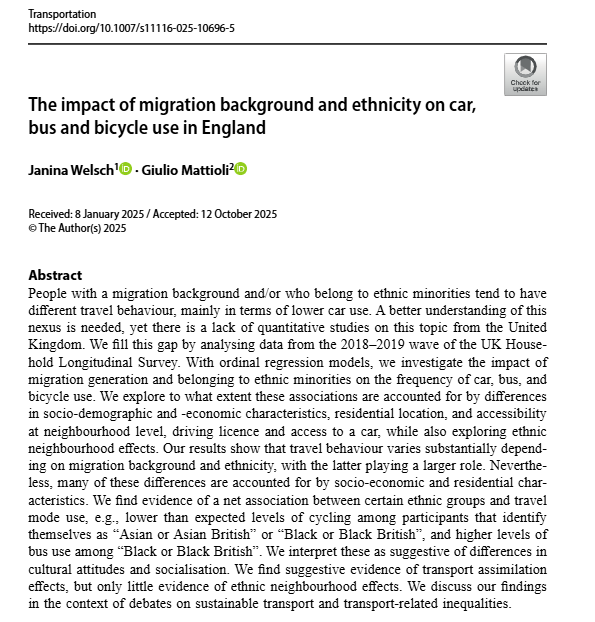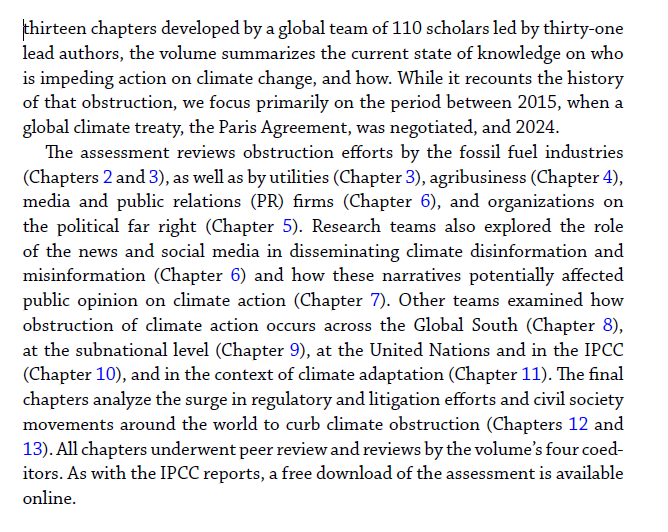Germany is discussing possible bans & taxes on (short) flights & so conservative daily Welt is claiming that "for the poor, the costs of climate change mitigation are more threatening than climate change".
Which means it's *debunking thread time again*
Which means it's *debunking thread time again*

If you want to argue that climate policies are particularly bad for the poor, there are plenty of examples where this claim is more or less plausible.
But you really, really don't want to pick air travel as it's the best *counterexample*. See thread.
But you really, really don't want to pick air travel as it's the best *counterexample*. See thread.
https://twitter.com/giulio_mattioli/status/1081866132376702977
BTW that thread is from more than 2 years ago, and since then the evidence has piled up on the extreme inequalities in air travel.
Such as this brilliant report (static1.squarespace.com/static/5d30896…)
More than 60% of German don't fly in a given year. Just 8% fly more than 3 times.
Such as this brilliant report (static1.squarespace.com/static/5d30896…)
More than 60% of German don't fly in a given year. Just 8% fly more than 3 times.

But I hear you say: maybe the poor fly little, but still spend a lot of their little income on flights?
Yeah, well: no. The richest 20% of Germans spends 4% of its income on flights. The poorest? A figure so low that it's been rounded to 0%
Yeah, well: no. The richest 20% of Germans spends 4% of its income on flights. The poorest? A figure so low that it's been rounded to 0%

BTW such extreme inequalities are not just a German thing. They're found in most European countries. 



...and since we're talking about air travel, inequalities and injustice, I would be remiss not to mention this study doi.org/10.1016/j.gloe…
➡️2%-4% of global population flew internationally in 2018.
➡️ 1% of world population emits 50% of air travel CO2
➡️2%-4% of global population flew internationally in 2018.
➡️ 1% of world population emits 50% of air travel CO2

So why do the likes of Die Welt & The Sun make such unlikely claims.
Well it's a classic discourse of climate delay (doi.org/10.1017/sus.20…): argue that climate policies will hurt the poor, when in fact you're more interested in preserving the status quo than in social justice
Well it's a classic discourse of climate delay (doi.org/10.1017/sus.20…): argue that climate policies will hurt the poor, when in fact you're more interested in preserving the status quo than in social justice

as a side note - for those of us who really care about the social impacts of climate change mitigation, and spend time studying them, there's nothing more annoying than such misleading claims, often put forward by outlets with a poor track record on social issues
/END
[the discourses of climate delay cartoon is by @leolinne. Pinging @_mtiemann since I saw the Welt article first on her feed]
[the discourses of climate delay cartoon is by @leolinne. Pinging @_mtiemann since I saw the Welt article first on her feed]
• • •
Missing some Tweet in this thread? You can try to
force a refresh














